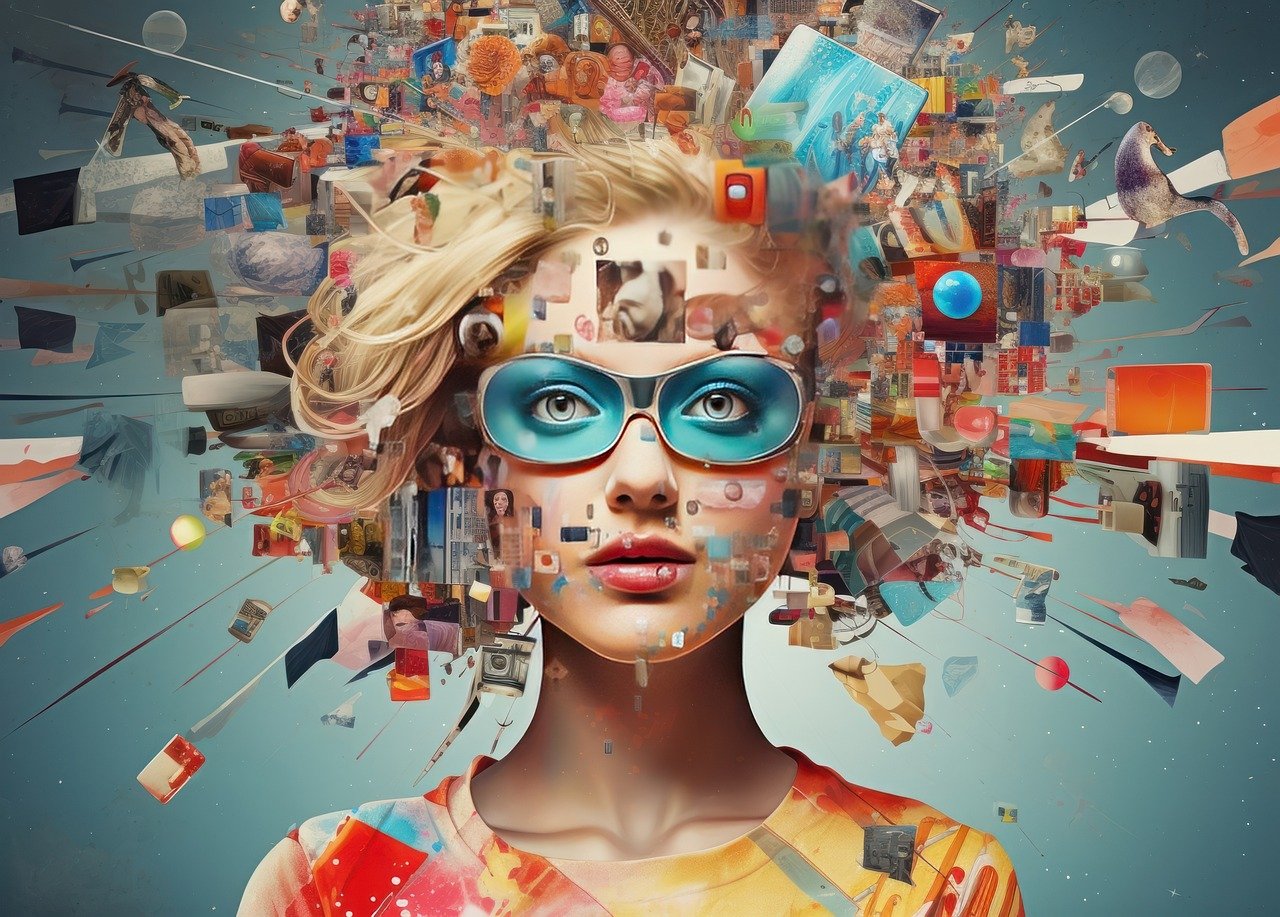The advent of artificial intelligence (AI) has ushered in a new era of technological innovation, transforming industries and reshaping the nature of work. While AI presents significant opportunities for efficiency and growth, it also poses challenges for employees who must navigate this rapidly evolving landscape. To remain relevant and excel in the workplace of the future, workers need to adapt their skills and mindsets. Let's go!

Surviving and Thriving at Work in the Age of AI
Embrace Lifelong Learning
In an environment where AI and automation are constantly evolving, the half-life of skills is shrinking.
Employees must adopt a mindset of lifelong learning to stay ahead. This includes both formal education and self-directed learning.
Emphasize acquiring skills that AI cannot easily replicate, such as creative problem-solving, critical thinking, and emotional intelligence.
- Technical proficiency: Even if you're not in a tech role, understanding the basics of AI, machine learning, and data analytics can make you more adaptable and valuable.
- Soft skills: Skills such as leadership, collaboration, and adaptability are becoming increasingly important in an AI-driven workplace. These are the areas where humans can significantly outperform AI.
12 Highest-Paying Careers in AI Technology Today (msn.com)
Enhance Digital Literacy
Digital literacy goes beyond basic computer skills to include a deeper understanding of digital tools and platforms, data privacy, and cybersecurity.
As AI systems become more integrated into daily tasks, being proficient with digital tools and understanding their implications is crucial.
- Stay updated with trends: Regularly explore emerging technologies and platforms. This can help you anticipate changes and adapt more quickly.
- Understand data: With AI's reliance on data, being able to interpret and use data effectively can set you apart.
Cultivate Creativity and Innovation
AI excels at routine and predictable tasks, but it struggles to generate truly novel ideas. Cultivating creativity enables employees to innovate and think outside the box, offering solutions and ideas that AI cannot.
- Engage in creative activities: Dedicate time to hobbies or tasks outside your job scope that stimulate creativity.
- Foster a culture of innovation: Encourage brainstorming sessions and open dialogues at work to promote innovation.
Develop Emotional Intelligence
AI may be able to analyze data and patterns, but it lacks the nuances of human emotions.
You're getting irritated because your favorite McDonald's has only a touch screen to order off of is on you.
Emotional intelligence - the ability to be aware of, control, and express one's emotions, and to handle interpersonal relationships judiciously and empathetically - is invaluable.
- Practice empathy: Try to understand and share the feelings of colleagues and clients to build stronger relationships.
- Effectively manage stress: Learn techniques to manage your own emotions, especially in high-pressure situations, to maintain your well-being and productivity.
10 Ways AI Will Be Able to Predict Your Future (msn.com)
Focus on Human-Centric Skills
As AI takes over more administrative and analytical tasks, human-centric skills will become increasingly critical. These include customer service, care professions, therapy, negotiation, and diplomacy.
- Build on interpersonal skills: Enhance your ability to communicate, collaborate, and resolve conflicts effectively.
- Look for roles that require a human touch: Positions that require empathy, moral judgment, and personal interaction are less likely to be automated.
Stay Agile and Adaptable
The ability to adapt to change is perhaps the most crucial skill in the age of AI. This means being open to new roles, industries, and even career paths as the landscape evolves.
- Be open to change: Cultivate a flexible mindset that views change as an opportunity rather than a threat.
- Learn to pivot: Be prepared to shift directions or learn new skills as demand changes in the job market.
Conclusion
The age of AI is not a harbinger of obsolescence for the workforce, but rather a call to action for employees to enhance their skills and adapt to new roles.
By embracing lifelong learning, enhancing digital literacy, cultivating creativity and innovation, developing emotional intelligence, focusing on human-centric skills, and staying agile, workers can not only survive but thrive in this new era.
The future of work will be defined by the symbiotic relationship between human creativity and AI's analytical prowess, leading to unprecedented levels of productivity and innovation.
Next read>>>Is AI Going to Replace Your Job by 2025? How to Stay Relevant (msn.com)
0 comments:
Ikutan Komentar